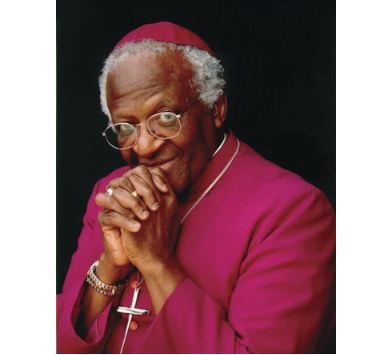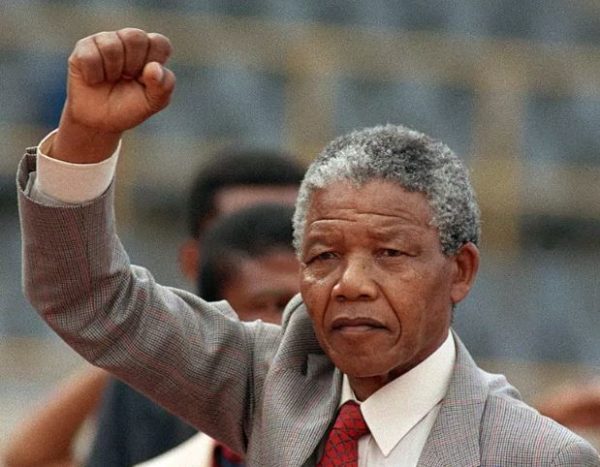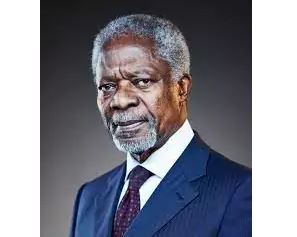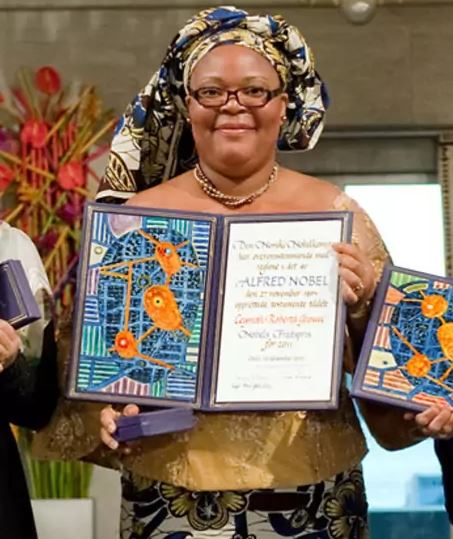Lifestyle
5 Africans who have won the Nobel Peace Prize
The Nobel Peace Prize, established by Alfred Nobel, is one of five Nobel Prizes awarded annually since 1901 to individuals who have made significant contributions to world peace.
The prize, along with other Nobel Prizes, recognizes outstanding achievements in fields such as chemistry, physics, physiology, medicine, and literature.
Today is celebrated by the United Nations as an International Day of Peace. That’s why we will be highlighting five Africans who have fought for world peace and won the Nobel Peace Prize:
1. Albert Luthuli

He was the first African and non-European recipient of the Nobel Peace Prize. He won the Nobel Peace Prize in 1960.
Albert Luthuli was recognised for his nonviolent fight against racial inequality in South Africa. He was inspired by Mahatma Gandhi’s nonviolent ideology. In 1952, he was elected president of the African National Congress (ANC).
Luthuli led various protests and strikes against the white minority administration in South Africa, as well as a campaign of civil disobedience against the country’s racial segregation.
2. Desmond Tutu

The Nobel Peace Prize was awarded to Desmond Tutu, a well-known clergy, human rights advocate, and vocal opponent of apartheid in South Africa. Tutu was appointed as the first black archbishop of Cape Town and Johannesburg.
He promoted human rights and equality, putting particular emphasis on problems like AIDS, poverty, and autocratic governments in the Third World. Tutu backed the economic embargo against South Africa and pushed for peace between apartheid groups. He became a unifying figure for African liberation fighters thanks to his courageous stance and unwavering beliefs.
3. Nelson Mandela

Nelson Mandela was a well-known advocate for human rights and the founder of the African National Congress (ANC) in the 1950s. Mandela established a military underground movement because he thought armed conflict would inevitably occur following the ANC’s outlawing in 1960.
He was detained in 1962 and given a life sentence for high treason and conspiring against the government. From 1964 to 1982, he was imprisoned on Robben Island; following that, he was transferred to mainland jails until his release in 1990. Mandela stepped up his struggle against injustice after being freed.
He and the country’s president at the time, Frederik Willem de Klerk, shared the 1993 Nobel Peace Prize for their efforts to end apartheid and create a democratic South Africa. Mandela was elected legitimately as president of South Africa in 1994, and
4. Kofi Annan

5. Lymah Gbowee

During the Liberian civil war, Lymah Gbowee, a women’s rights activist, brought together women from different ethnic and religious backgrounds to put pressure on opposing sides during peace negotiations and ultimately end the war. She headed on a mission to Ghana by planning daily protests at the fish market in Monrovia. Gbowee also assisted individuals dealing with psychological trauma, including child soldiers. Her actions were essential in ending the conflict. She won the Nobel Peace Prize in 2011.







